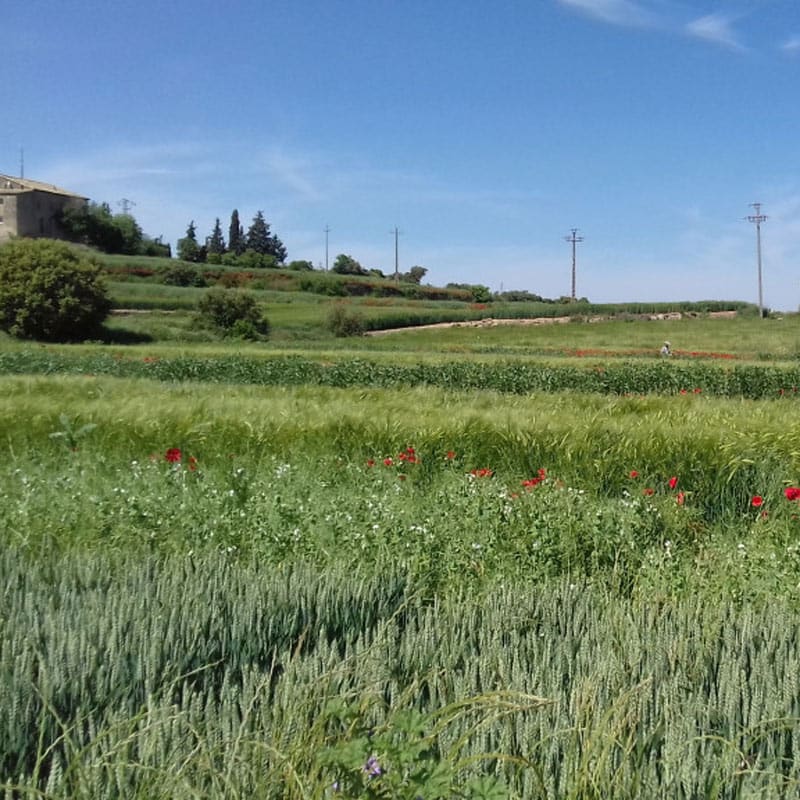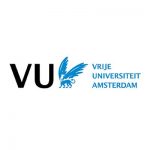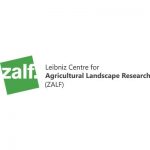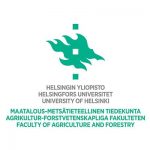Work package 5
Impact assessment and EU level upscaling
WP leaders

Dr Nynke Schulp
Vrije Universiteit Amsterdam, NETHERLANDS

Dr Moritz Reckling
Leibniz Centre for Agricultural Landscape Research, GERMANY

WP5 examines the extent to which domestic faba and soya bean production can contribute to meeting European protein demand along with the associated trade-offs. At the field scale, a static cropping system framework will be coupled with a database on crop management to generate cropping systems with and without legumes. The framework was used to quantify trade-offs between different economic and ecological impacts in Sweden and northeastern Germany and will be extended to other European regions.
The emergence of more EU-scale datasets allows combined upscaling of biophysical and socio-economic constraints and potentials, as well as an integrated analysis of sustainability. We will explore local and distant environmental (e.g., soil quality, GHG emissions and biodiversity), economic (e.g., farm resilience through diversification), and social (e.g., self-sufficiency) sustainability effects. As previously considered with regard to biofuels, increased uptake of legumes could help reduce land abandonment in more remote regions of Europe, but could also result in negative land displacement effects. LegumeGap will use novel land-system modelling approaches to quantify these effects. Novel approaches for quantifying product flows or other telecouplings can be combined with this, to trade off European impacts against impacts abroad. While integrated assessment studies have previously assessed displacement effects of complete socio-economic scenarios, there is increasing attention on understanding and minimizing distant impacts of specific measures, but few such studies exist and this is not operationalized in European policy.




